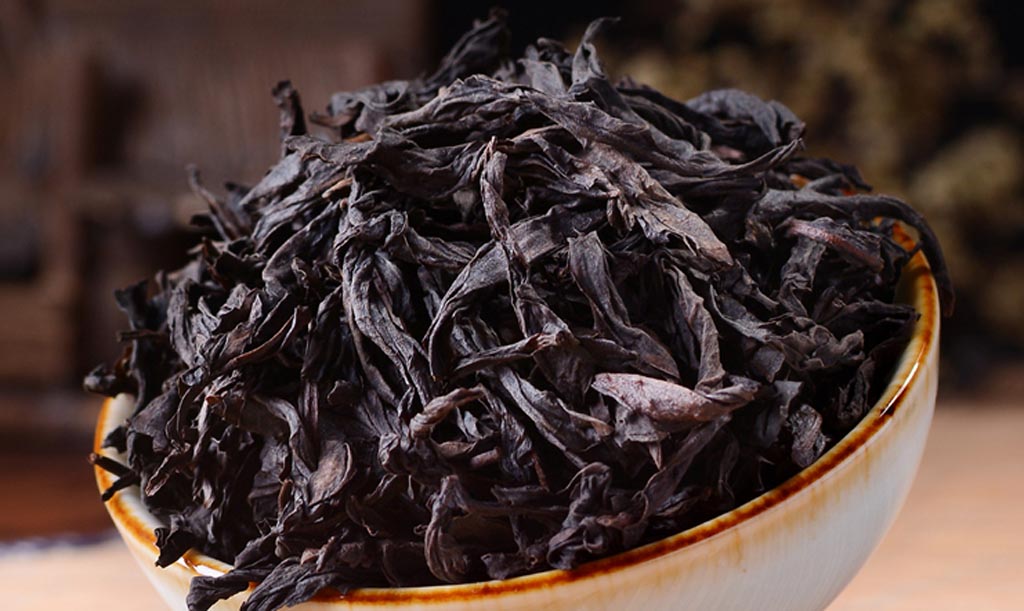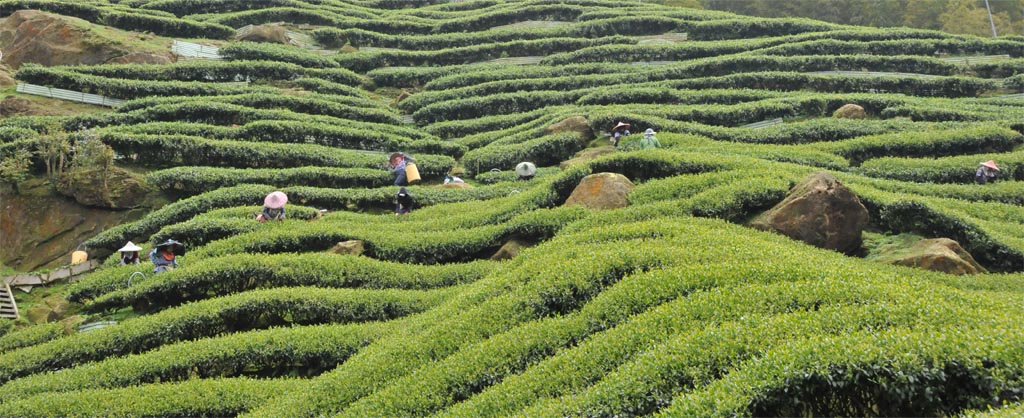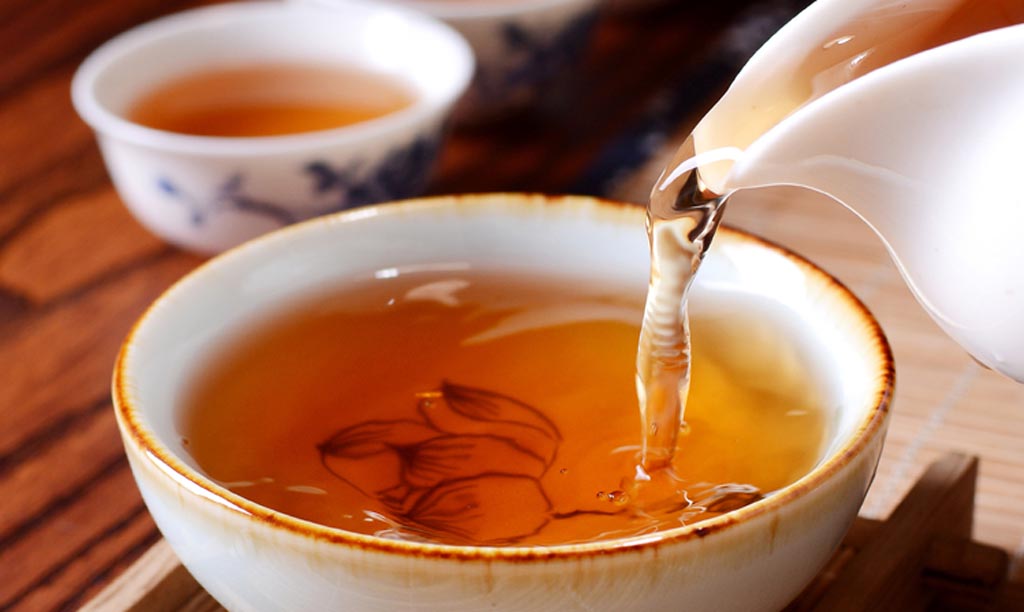China Wuyi Da Hong Pao Oolong Tea
Da Hong Pao Tea (also known as big red robe) is a tea variety of Wuyi Rock Tea. Growing on the cliffs of Mount Wuyi, there were only 6 earliest mother trees at first, which are still alive. By virtue of difficulty in planting, low yield and very good quality, Da Hong Pao Tea is considered to be the most precious tea variety of Chinese oolong tea.

About 100 years ago, people found the first six Da Hong Pao Tea trees on a cliff in Mount Wuyis, which have a fragrant aroma. For the next 50 years, people had been trying to breed these teas, but achieved nothing. In the 1970s, people discovered that this tea variety only survives aside rocks, and Da Hong Pao was gradually generalized until the 1980s.
With difficult planting, low yield and very good quality, Da Hong Pao Tea is considered to be the most precious tea variety of Chinese oolong tea.


How To brewing Da Hong Pao Tea
Serve 5g Da Hong Pao Tea into 100ml hot water at temperature of 100°C (212°F); the first brewing shall maintain 30s. Increase 20s to each following brewing.
Taste
The best Da Hong Pao Tea has a rich aroma like orchid and a slightly charred taste.

Health benefits
Da Hong Pao Tea is an oolong tea containing antioxidants such as polyphenols, catechins and flavonoids, as well as vitamins, minerals and caffeine. Thus, moderate drinking of Da Hong Pao Tea is good for health.
Weight loss: The polyphenols and other antioxidants in Da Hong Pao Tea can increase metabolism and help burn fat.
Skin improvement: Based on anti-allergic character of polyphenols, it can soothe eczema and improve atopic dermatitis
Relaxation: L-Theanine can help relax.
Refreshing: Just the same as other teas, Da Hong Pao Tea also contains caffeine (100ml Da Hong Pao Tea contains about 15mg caffeine)
Side effects
There are many health benefits when drinking Da Hong Pao Tea for a long time; but overdose can still cause side effects, most of which are caused by caffeine.
- Excessive caffeine can cause insomnia, anxiety, palpitations, dizziness, vomiting or diarrhea. In addition, people sensitive to caffeine are prone to symptoms such as itchy skin, hives or skin rashes.
- Pregnant women and patients with kidney disease, heart disease, anxiety and stomach ulcers should also avoid excessive drinking.

